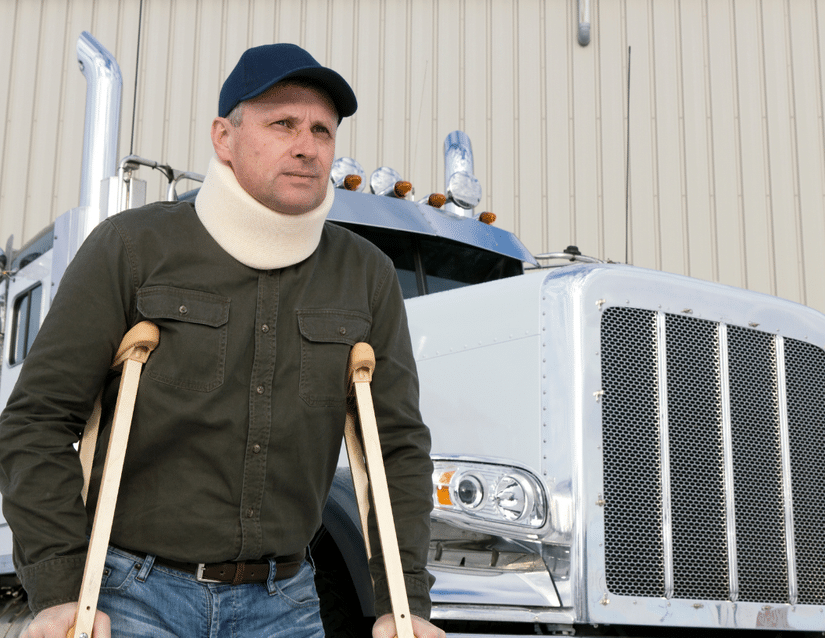Truck drivers are the backbone of our economy, transporting goods and products across the country. However, their vital work comes with significant risks. Fatigue, accidents, and injuries are just a few of the hazards that truck drivers face every day on Chicago’s roads. In this post, we’ll delve into the dangers faced by truck drivers, the consequences of accidents, and the importance of seeking compensation when injuries occur.
(Understanding the Basics of Workers Compensation)
The Dangers of Fatigue
Truck driver fatigue is a pervasive issue, with drivers often working long hours without adequate rest. According to the Federal Motor Carrier Safety Administration (FMCSA), driver fatigue is a contributing factor in at least 13% of all truck crashes. Fatigue can impair reaction times, judgment, and decision-making, making it a critical safety concern.
The FMCSA has implemented regulations to combat fatigue, including the Hours of Service (HOS) rules. These rules limit the number of hours a driver can work without rest, but they are not always followed. Drivers may feel pressure to meet tight deadlines or exceed hours to increase earnings.
Accidents and Injuries
Truck accidents can have devastating consequences, including severe injuries and fatalities. In Chicago, truck accidents can occur on busy highways like I-90 or I-294, or on local roads like Damen Avenue or Western Avenue. Common injuries suffered by truck drivers include:
- Musculoskeletal injuries from lifting or bending
- Head and spinal cord injuries from accidents
- Cuts and lacerations from broken glass or sharp objects
- Burns from fuel or chemical spills
Accidents can also result in long-term health consequences, such as chronic pain, disability, or even death.
Consequences and Compensation
Truck drivers who are injured on the job may be entitled to workers’ compensation benefits, including medical expenses, lost wages, and disability benefits. However, navigating the workers’ compensation system can be complex and challenging.
In addition to workers’ compensation, truck drivers may also be able to pursue personal injury claims against negligent parties, such as other drivers or trucking companies. These claims can provide additional compensation for injuries, pain and suffering, and other losses.
Prevention and Safety
Preventing truck driver injuries requires a multifaceted approach. Trucking companies can implement safety protocols, such as:
- Regular maintenance and inspection of vehicles
- Driver training programs
- Fatigue management policies
- Safety equipment, such as backup cameras and lane departure warning systems
Drivers can also take steps to prioritize their safety, including:
- Getting adequate rest and following HOS rules
- Conducting pre-trip inspections of their vehicles
- Avoiding distractions while driving
- Following safety procedures for loading and unloading cargo
Real-Life Examples
In 2020, a truck driver was injured in a crash on I-294 in Chicago. The driver, who was transporting a cargo of steel pipes, lost control of the vehicle and collided with a concrete median. The driver suffered severe injuries, including a broken leg and internal bleeding.
In another incident, a truck driver was involved in a multi-vehicle accident on Damen Avenue in Chicago. The driver, who was transporting a cargo of groceries, was struck by another vehicle and suffered injuries to his neck and back.
Conclusion
Truck driver injuries are a serious concern in Chicago, with far-reaching consequences for drivers, their families, and the community. By understanding the risks and taking proactive steps to prevent accidents and injuries, we can make our roads safer for everyone.
If you’re looking for an experienced Chicago personal injury lawyer to help navigate your personal injury claim, we will fight assiduously for your right to the compensation you deserve. Call Bizzieri Law Offices at 773.881.9000. The case evaluation is free, and we never charge a fee unless we recover damages for you.

